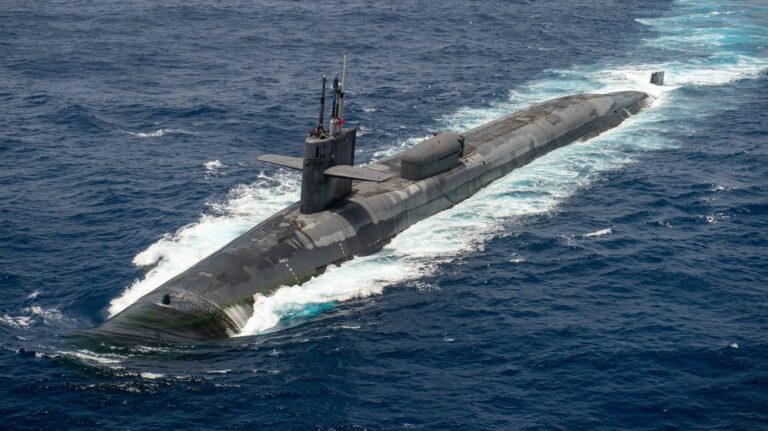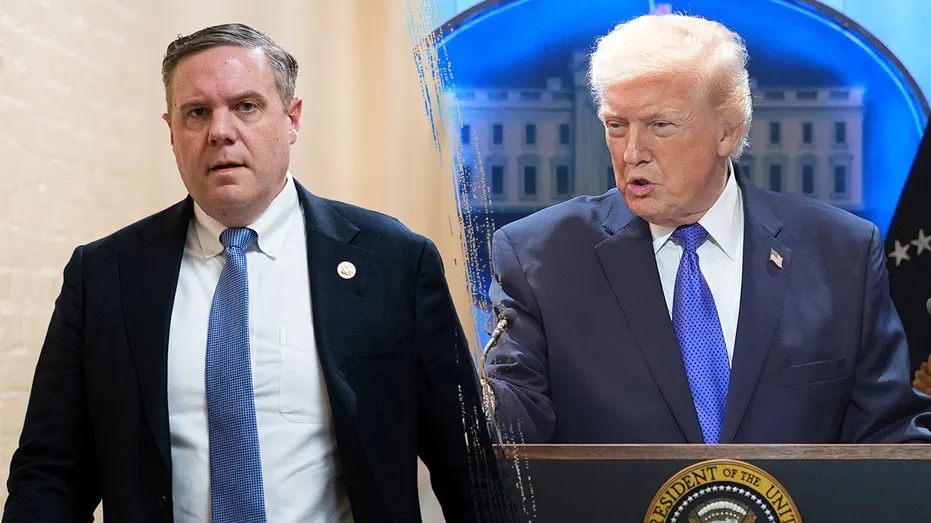The US has deployed a guided missile submarine to the Middle East amid rising regional tensions. Defense Secretary Lloyd Austin also announced that an aircraft carrier already en route to the area would expedite its arrival. This move follows the recent assassinations of senior Hezbollah and Hamas leaders, raising fears of broader conflict in the region.
The deployment underscores the US’s commitment to defending Israel against potential Iranian aggression. Austin stated that the US would “take every possible step” to protect its ally. Iran is closely monitored for its potential response to the assassination of Hamas’s top political leader, Ismail Haniyeh, in Tehran on July 31—a killing for which Iran blames Israel.
The Pentagon confirmed on Sunday that the USS Georgia, a guided missile submarine, has been sent to the region. Additionally, the USS Abraham Lincoln carrier strike group, equipped with F-35C fighter jets, has been ordered to accelerate its deployment.
While Iran’s exact plans remain uncertain, another threat to Israel could emerge from Hezbollah, the Iranian-backed militia in Lebanon, which has vowed retaliation for the killing of senior commander Fuad Shukr in Beirut.
Professor Mehran Kamrava from Georgetown University in Qatar suggested that the US’s public display of military force is intended as a deterrent against Iran and Hezbollah, though he hinted that there might be private indications of an impending Iranian strike.
The Biden administration is advocating for a ceasefire in Gaza, aiming to release Israeli hostages and reduce regional tensions, and has called for talks to resume on Thursday. However, Hamas has responded by insisting that any new ceasefire discussions should be based on the existing deal rather than initiating new negotiations. This statement, while showing a willingness to engage, also highlights ongoing complexities in the situation.
Washington has previously held Hamas responsible for failed negotiations, but recent reports suggest growing US frustration with Israeli Prime Minister Benjamin Netanyahu, particularly for appeasing far-right elements in his coalition who oppose a deal. The White House has even publicly criticized Israeli Finance Minister Bezalel Smotrich for the first time.



























